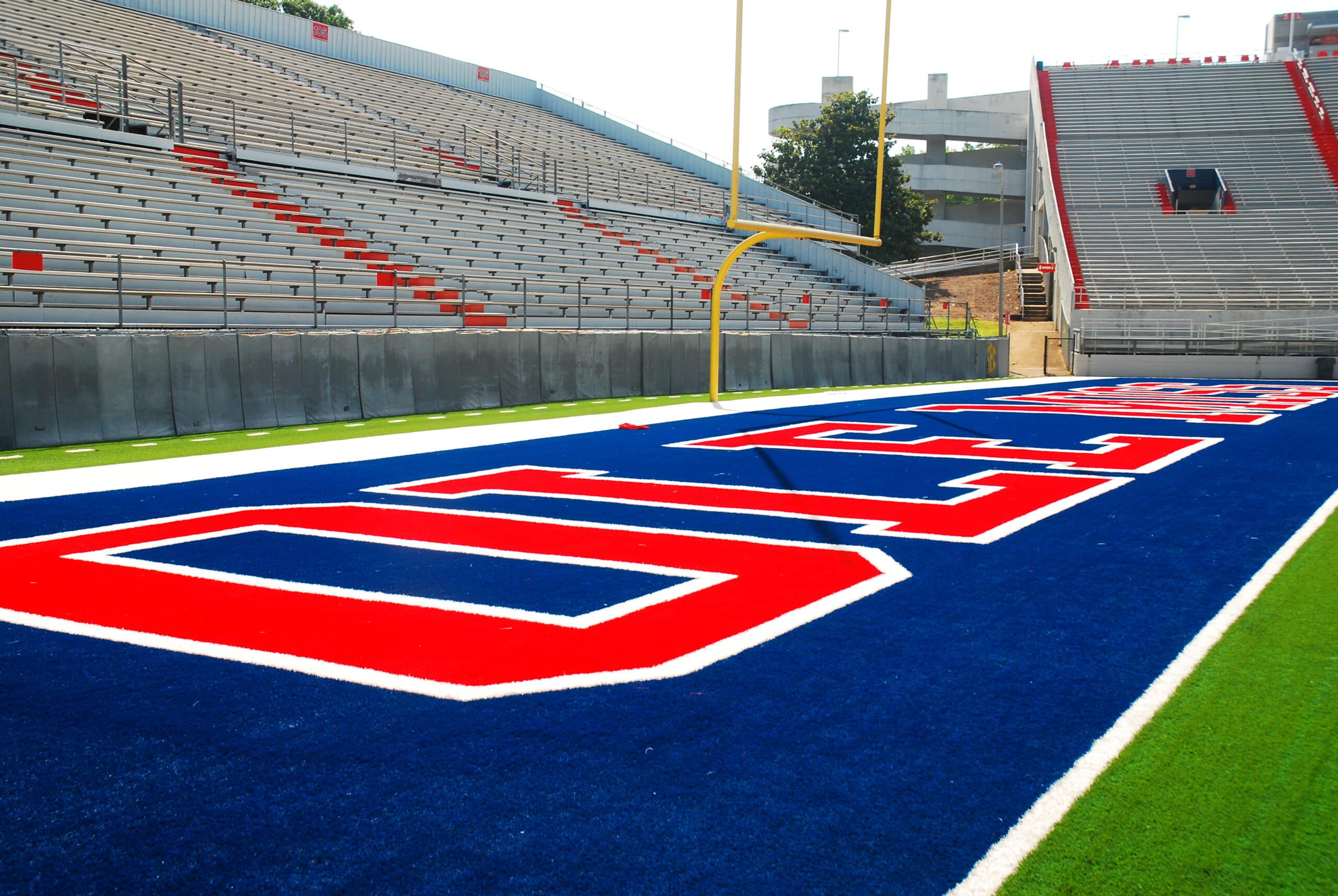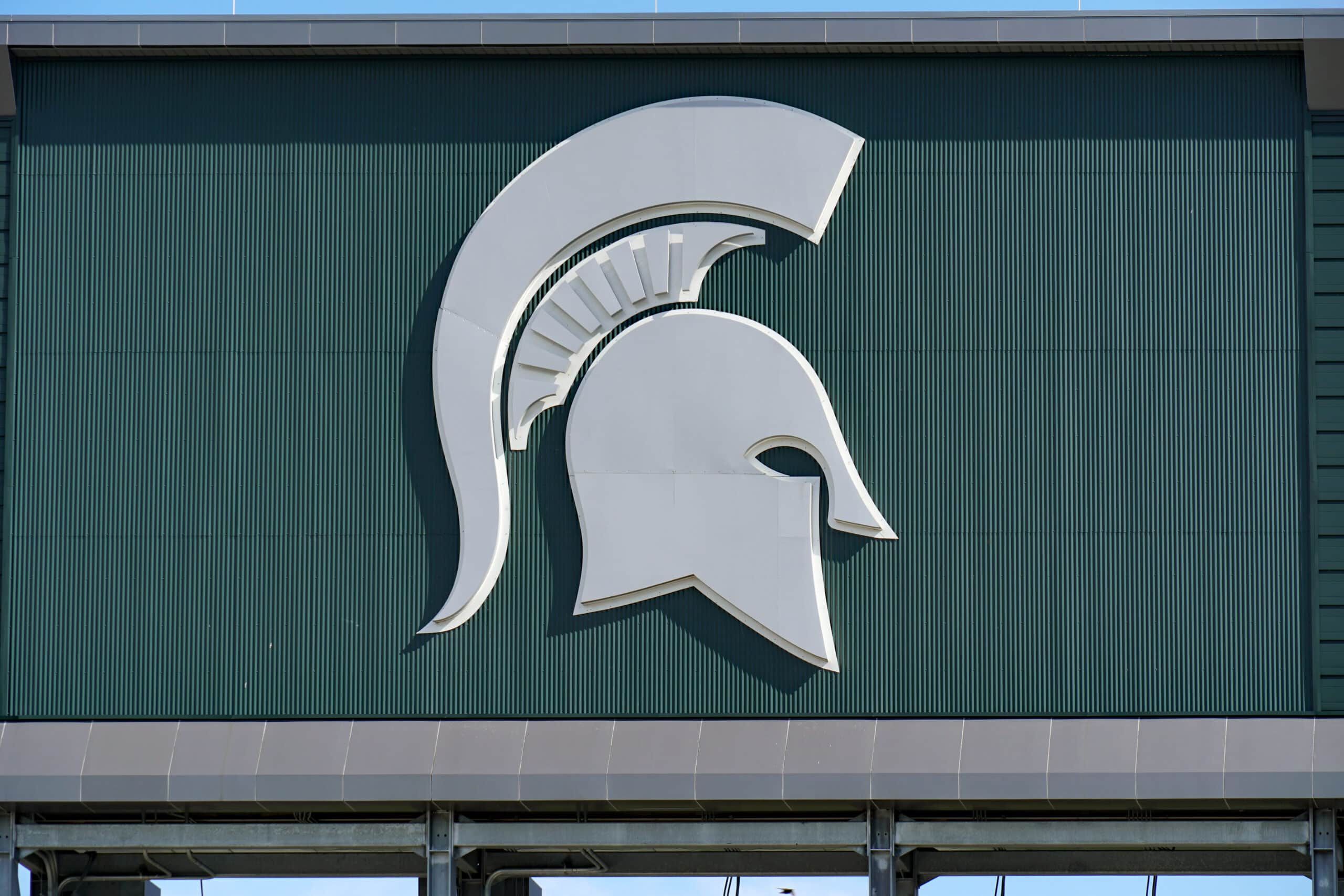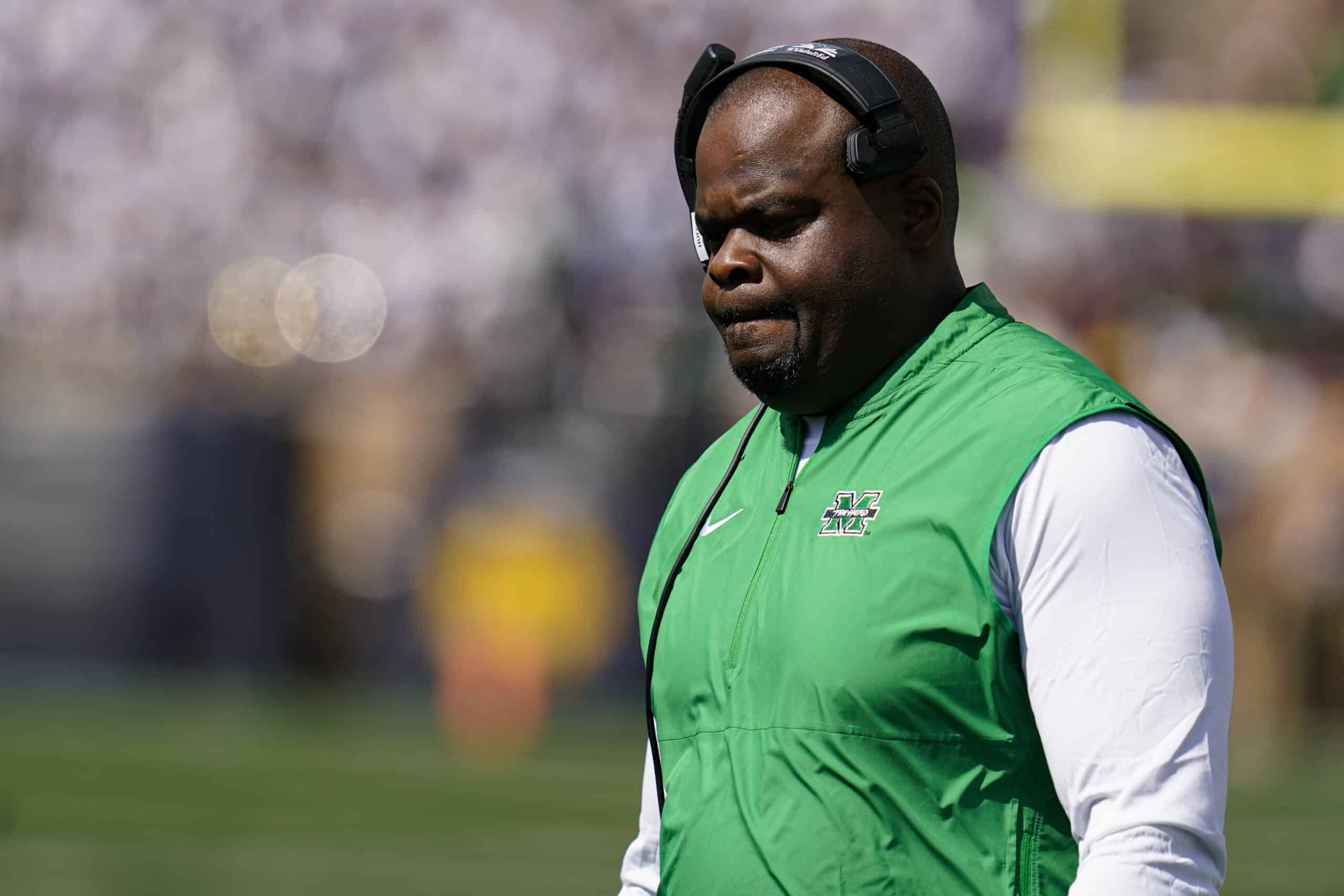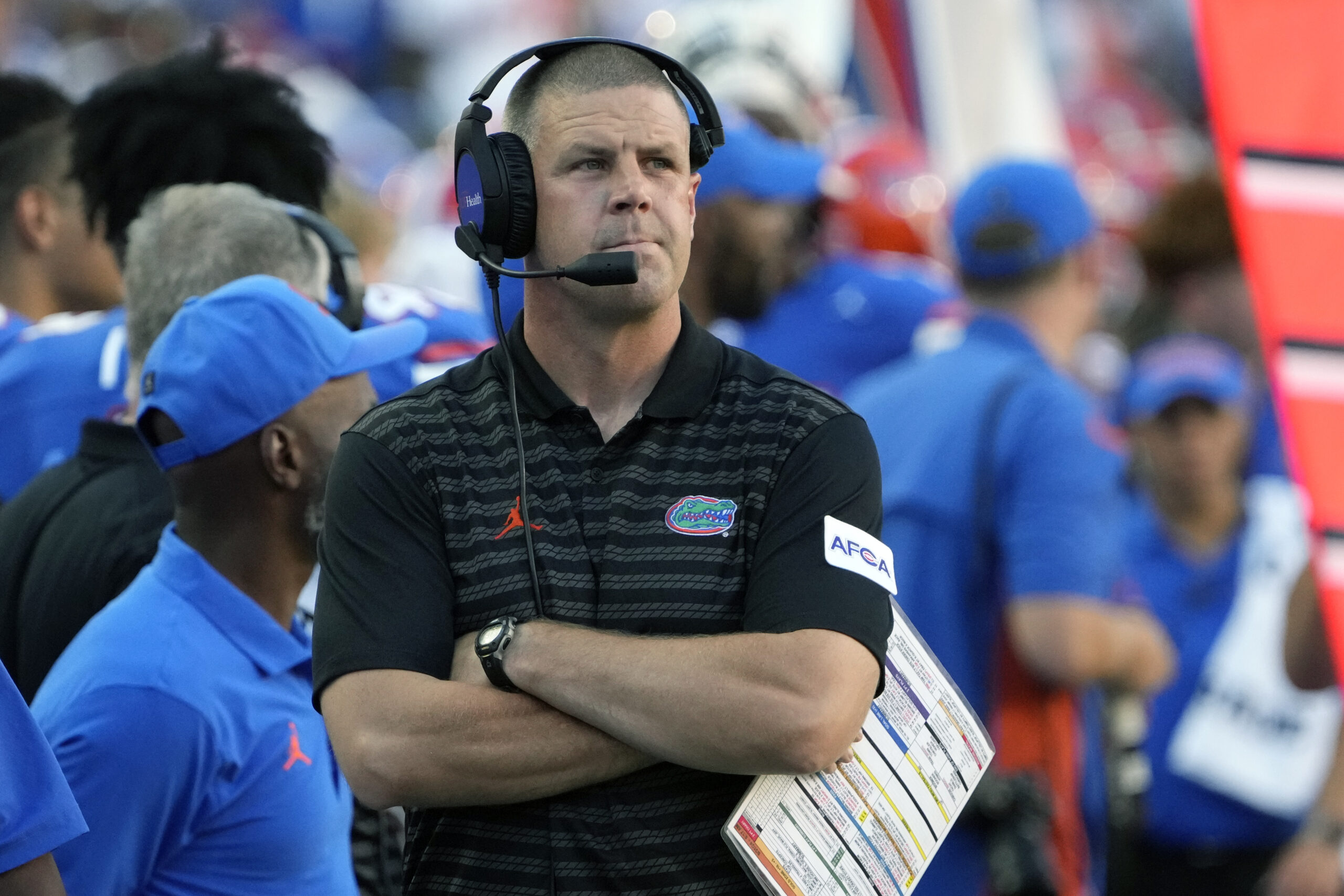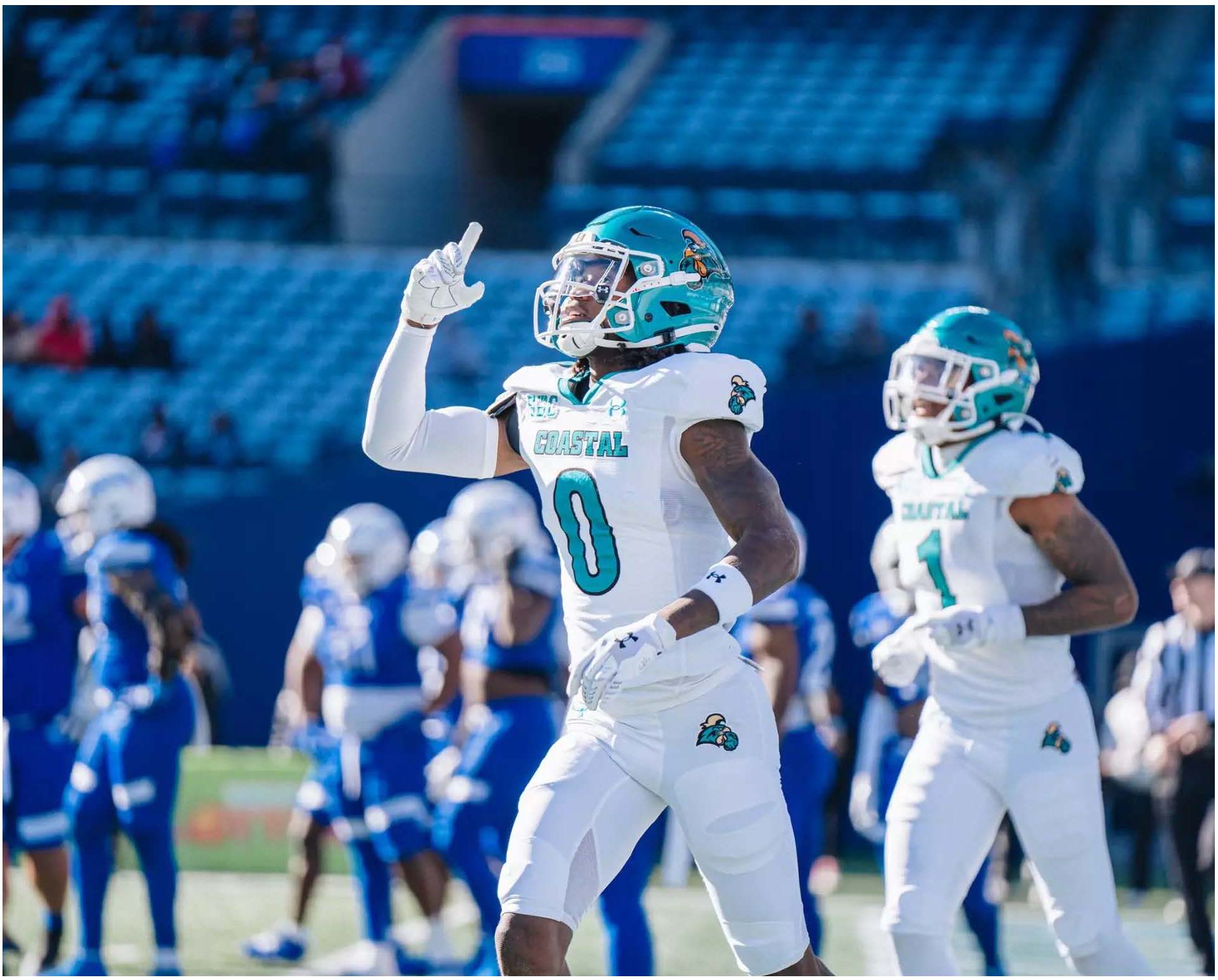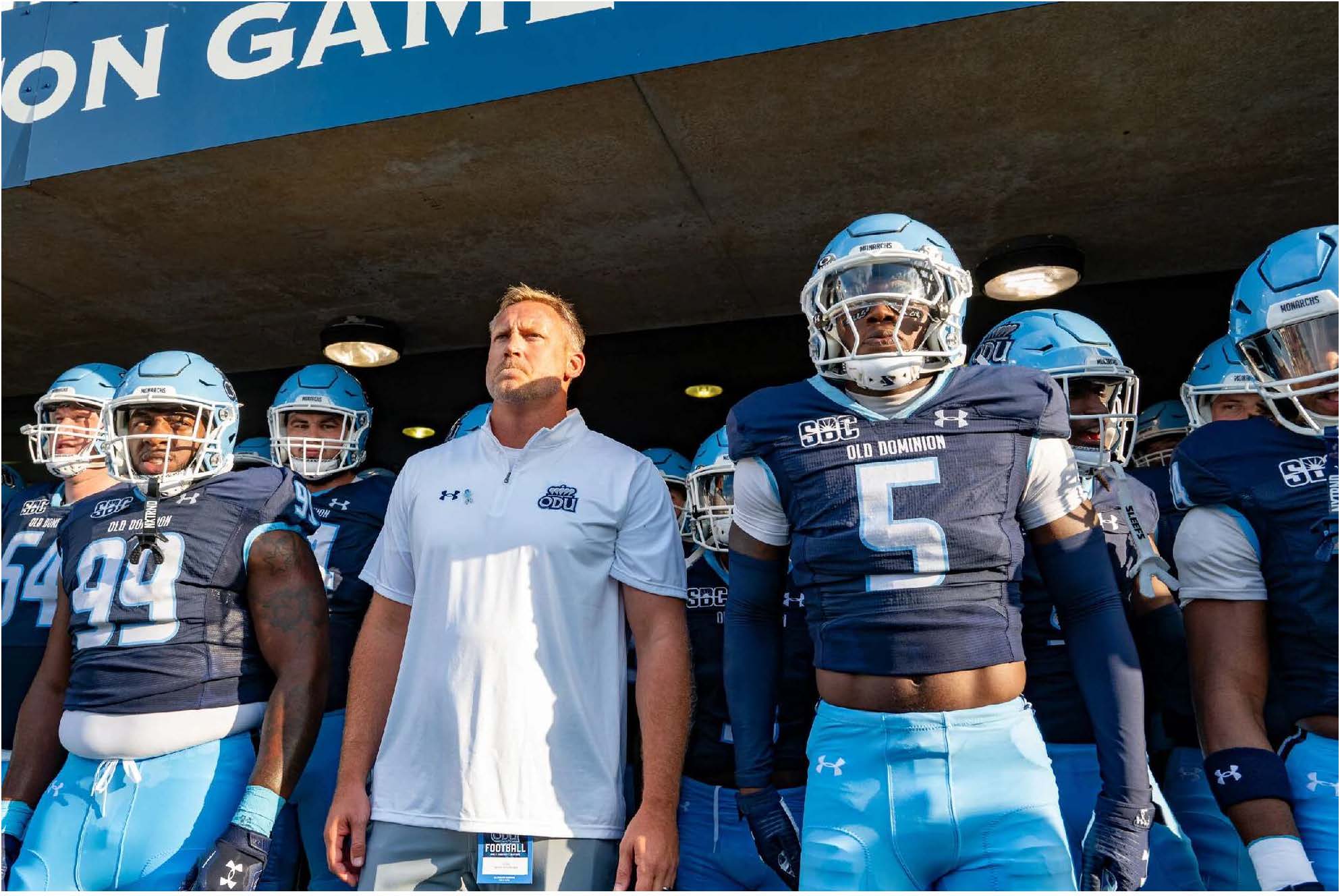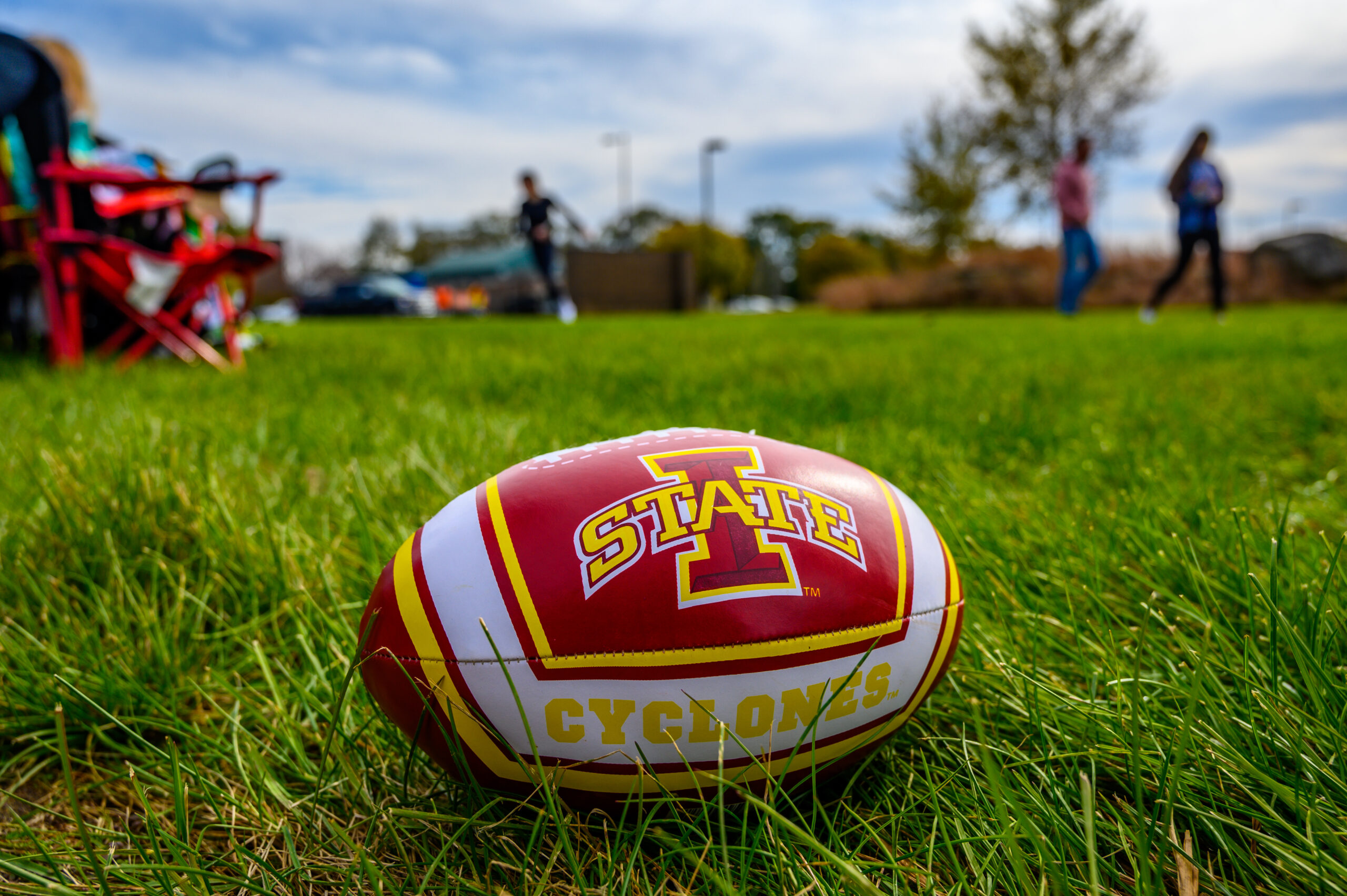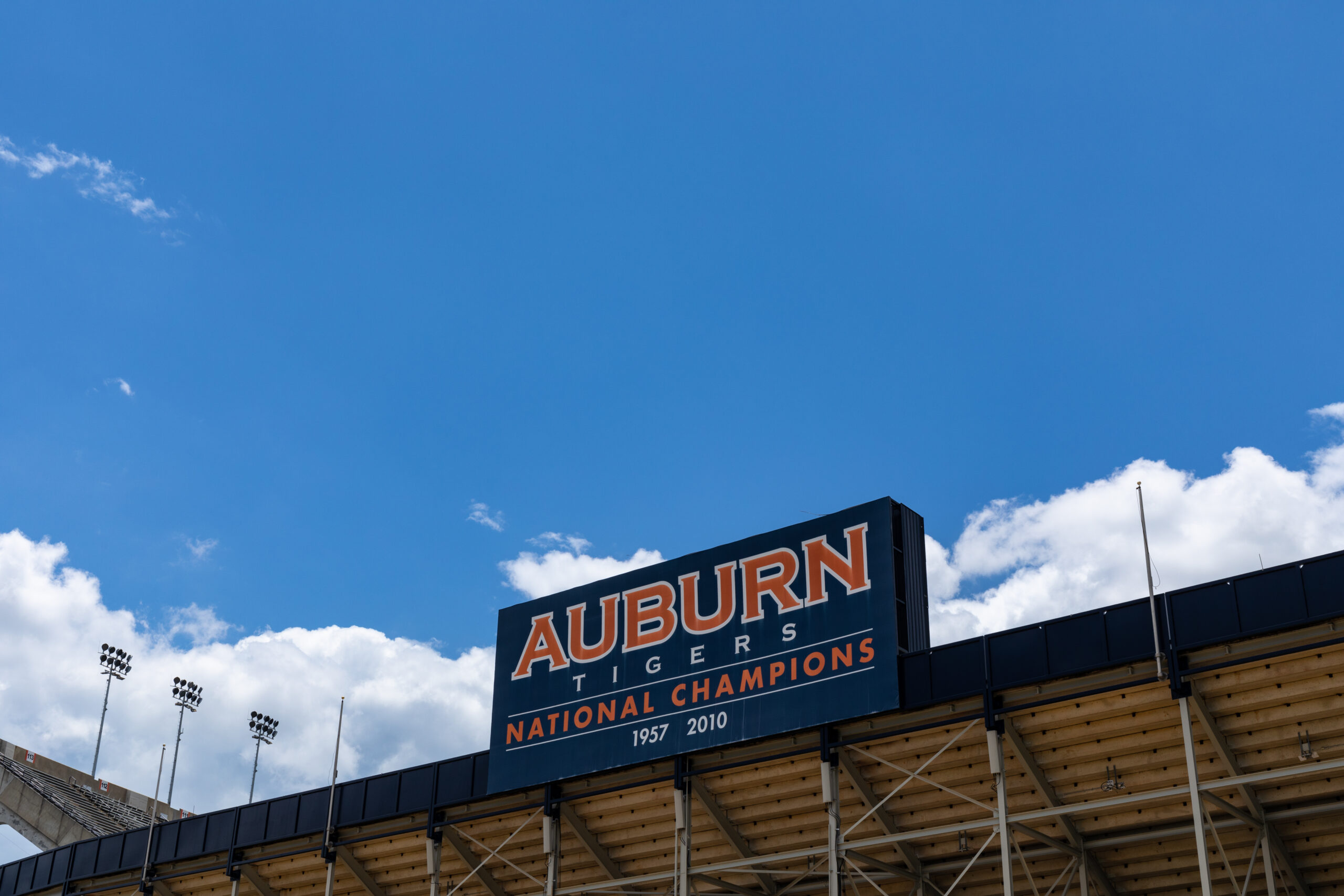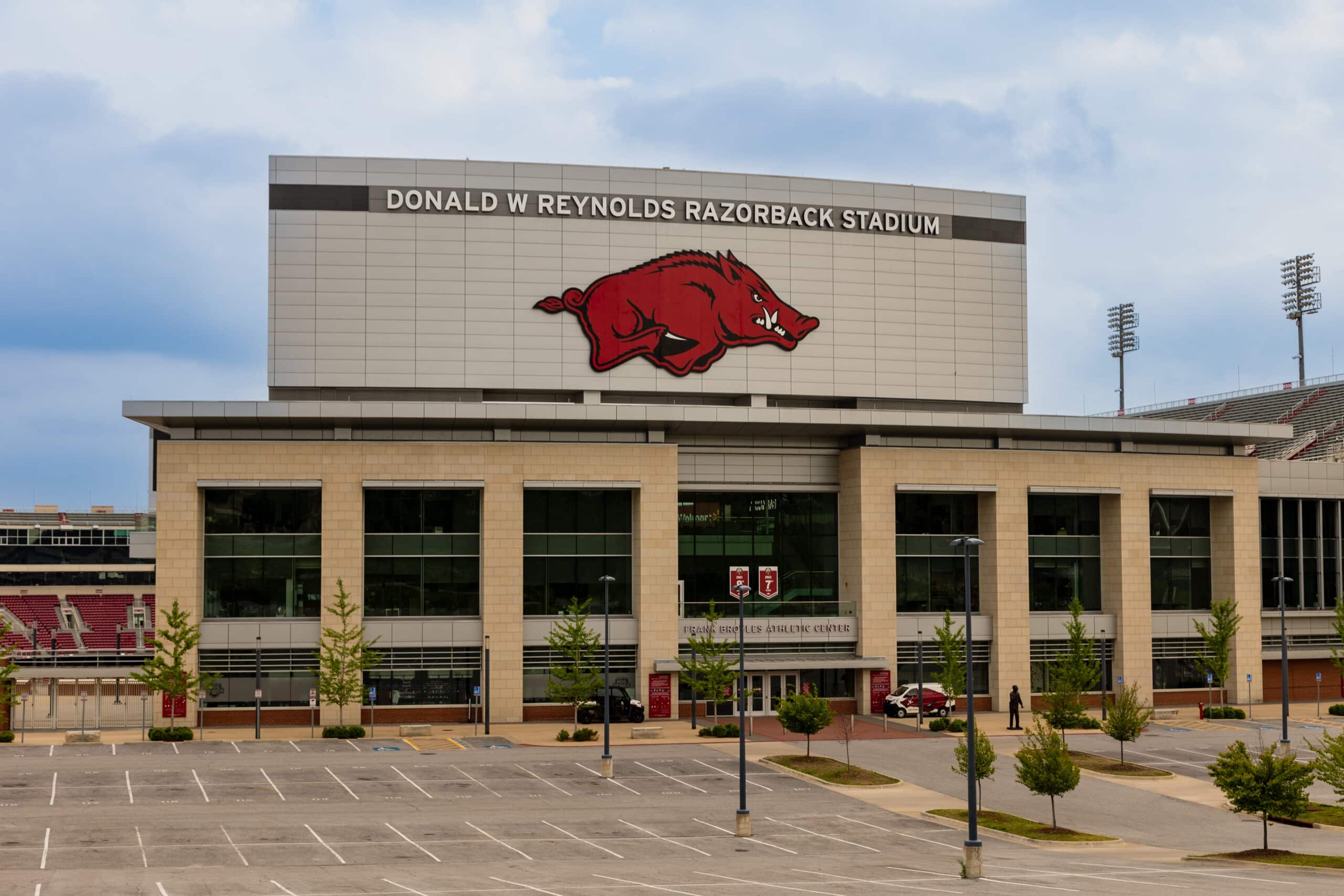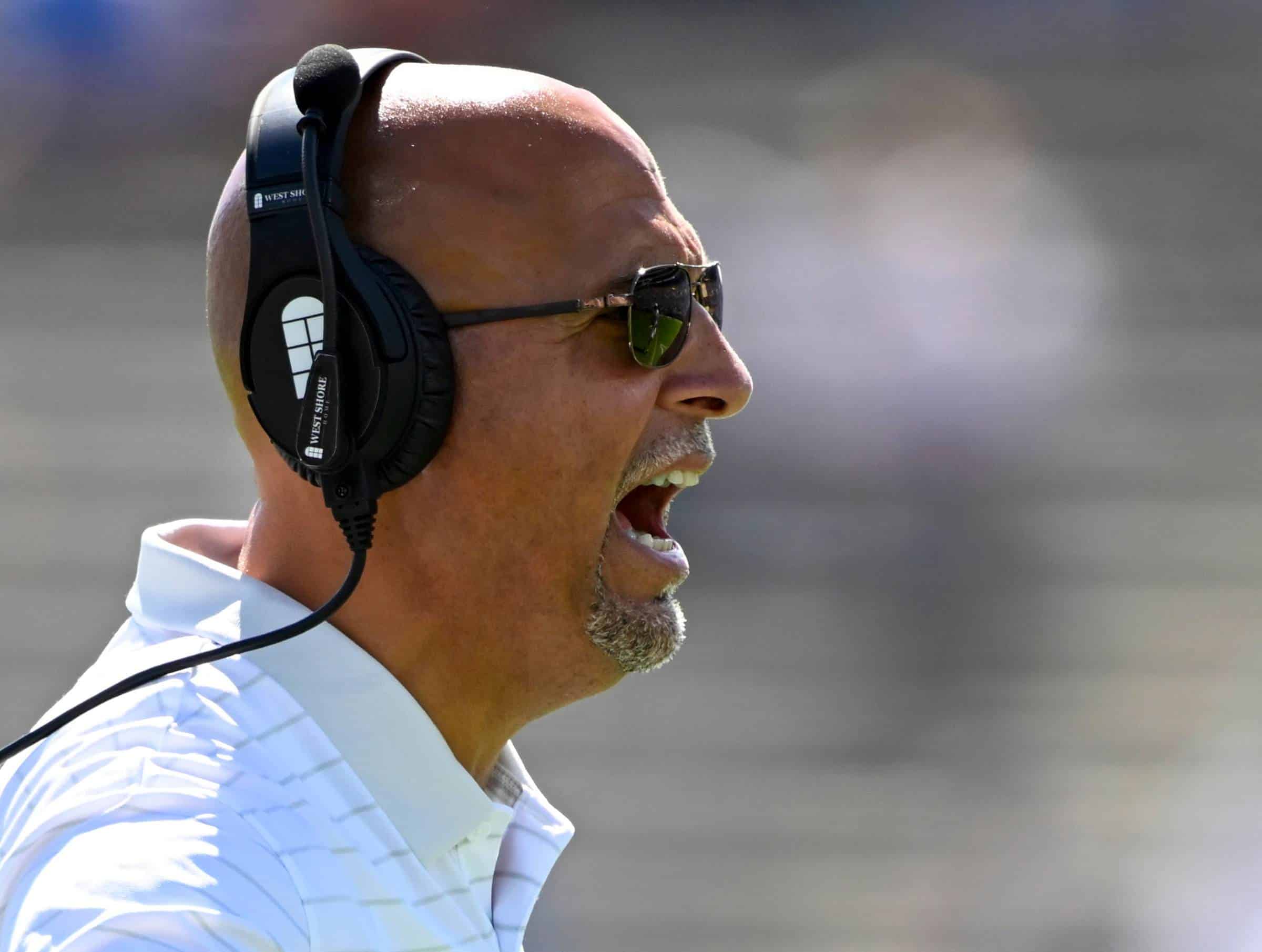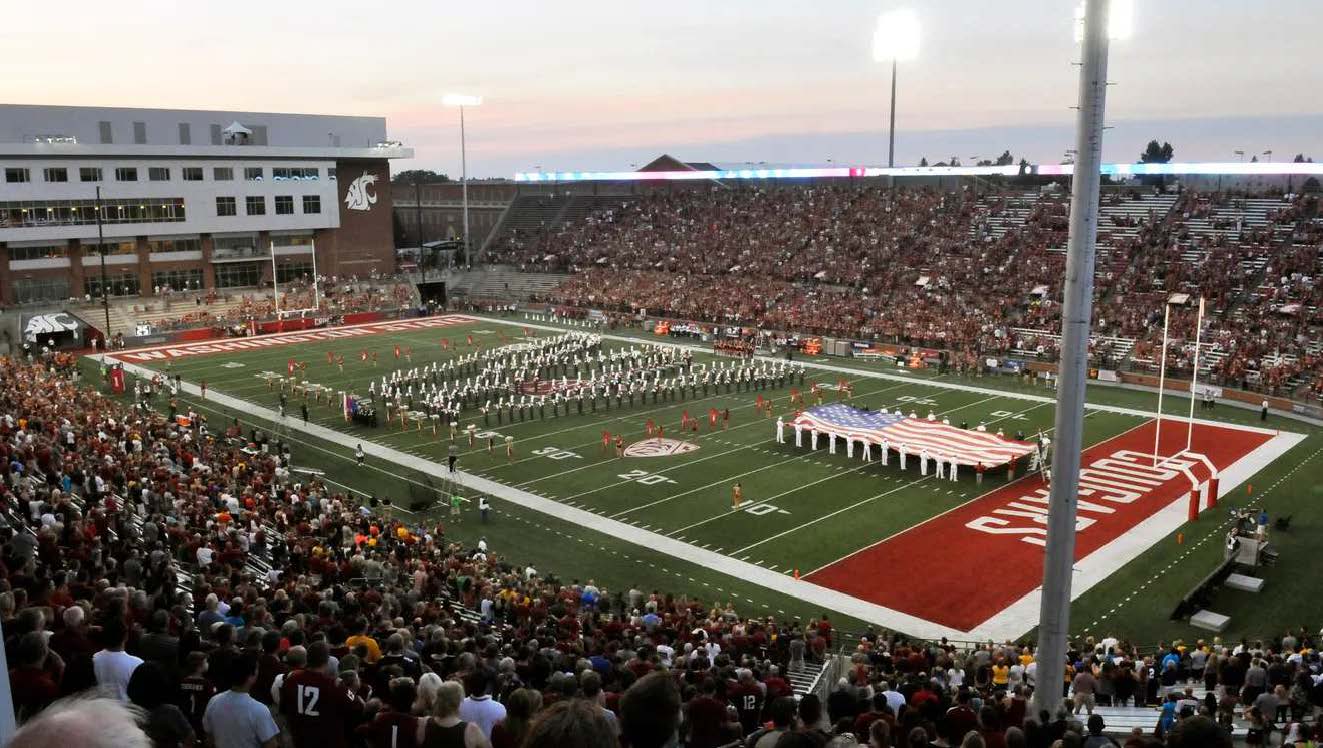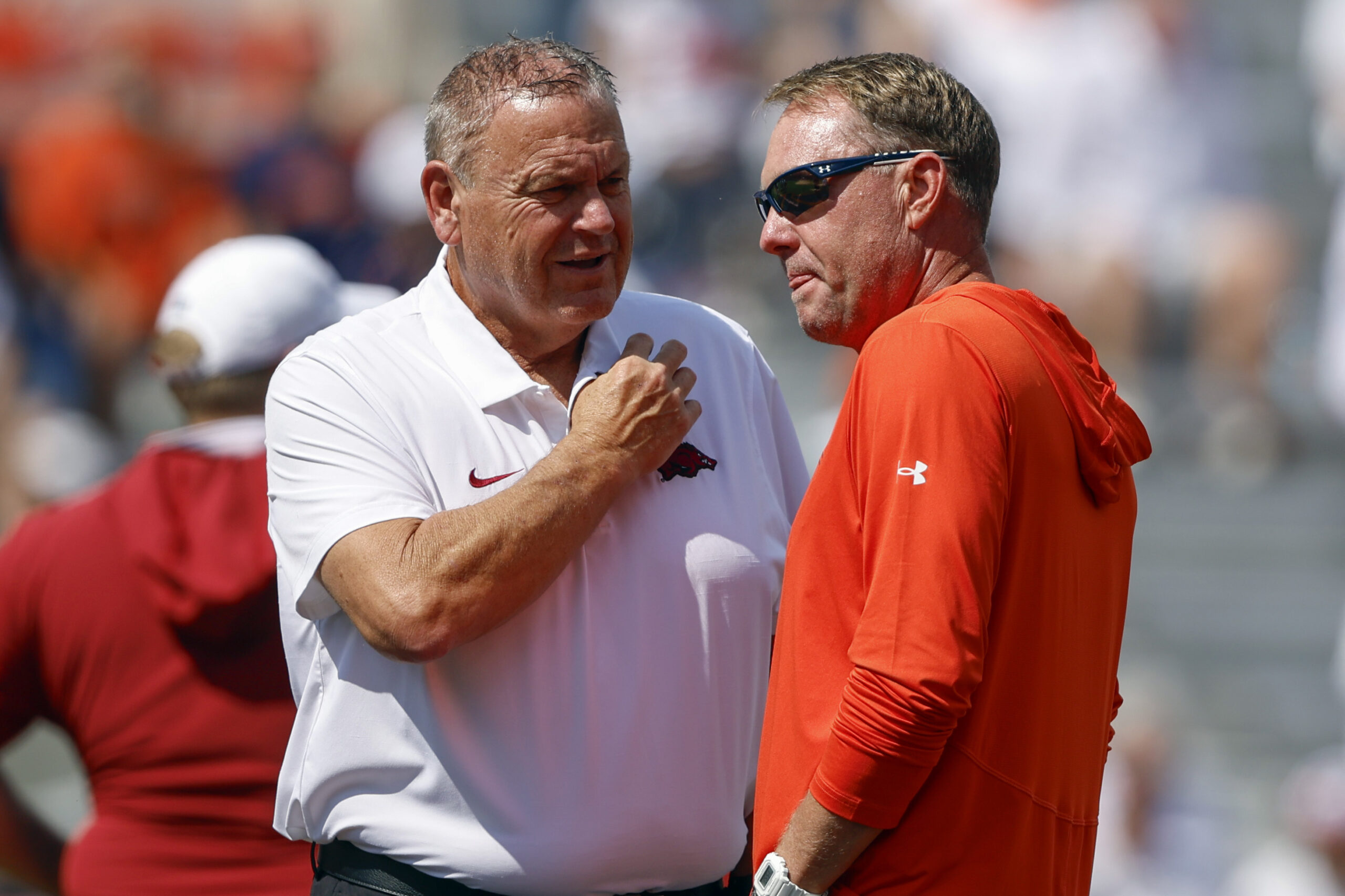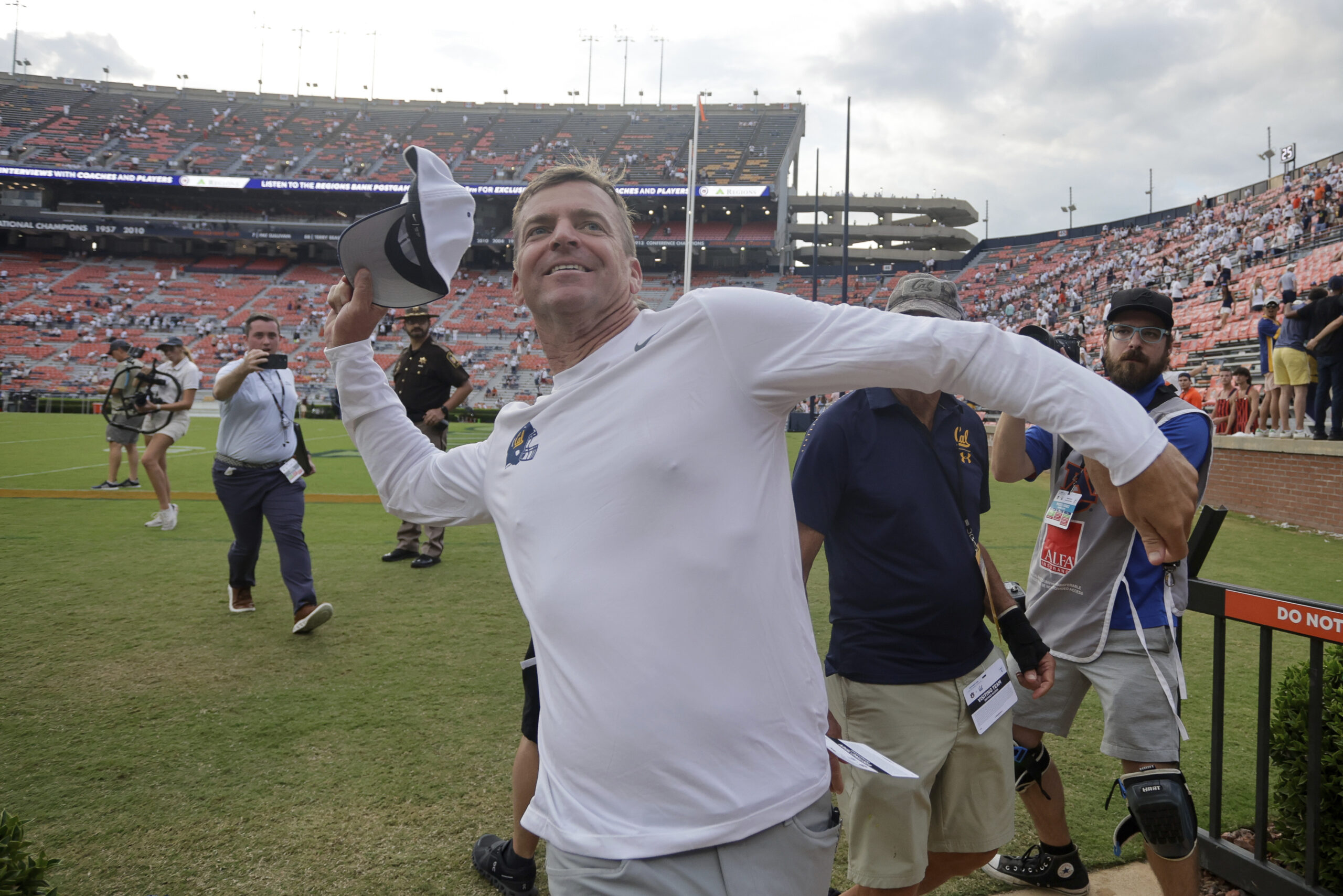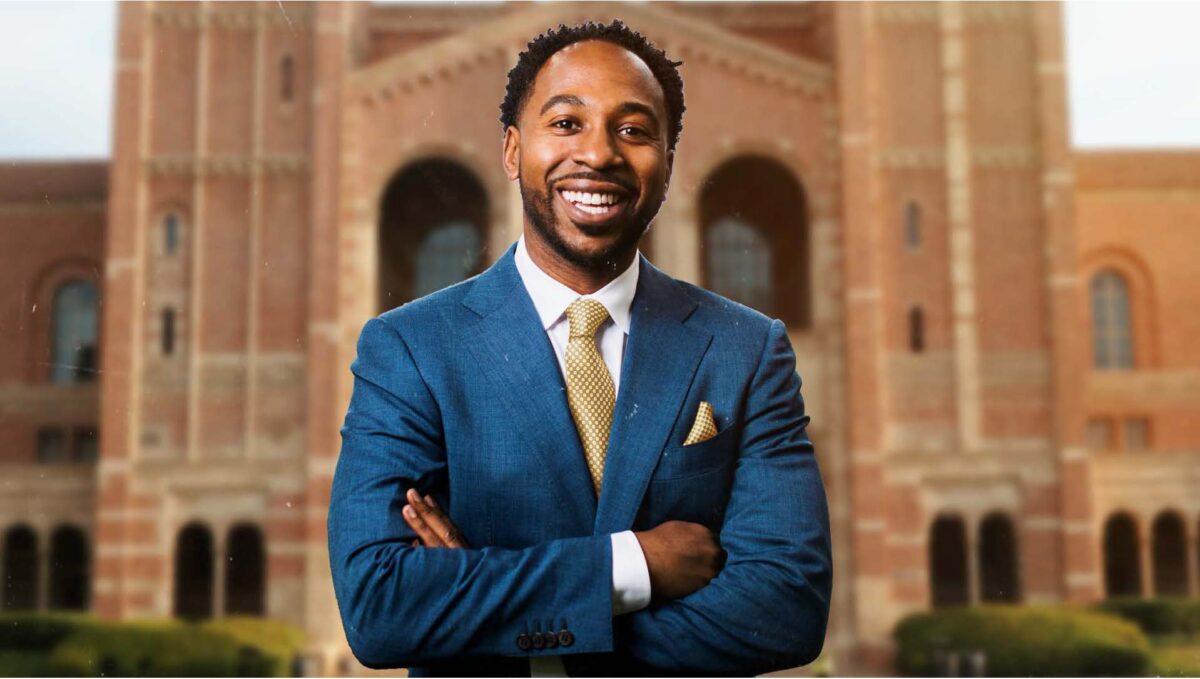
Blog Article
Martin Jarmond Set DeShaun Foster Up To Fail. Now UCLA’s Athletic Director Should Be The One Looking For A New Job.
Martin Jarmond fired DeShaun Foster after 15 games, but the real problem sits one floor above the football offices.
UCLA’s athletic director created the perfect storm that destroyed Foster’s tenure before it began. The hasty hiring process, inadequate resources, and administrative dysfunction all trace back to one person: the man who pulled the trigger on Foster’s dismissal.
Here’s why Jarmond should be updating his resume.
The Timeline Tells The Real Story
Foster never had a fair chance at UCLA because Jarmond bungled the coaching transition from the very beginning.
In November 2023, Chip Kelly was openly shopping for coordinator jobs elsewhere. Instead of making a clean break, Jarmond let the situation drag on for nearly six weeks. Kelly finally left on February 2, 2024, just weeks before spring camp.
The damage was already done:
- Recruiting class decimated
- Transfer portal window missed
- Staff continuity destroyed
- Spring preparation compromised
Foster was told he wouldn’t be considered for the head coaching job if Kelly left. He took the running backs job with the Las Vegas Raiders. When Kelly bolted two weeks later, UCLA had no viable candidates willing to leave their current positions so close to spring practice.
Jarmond made calls to other coaches, but no one was going to abandon their team weeks before training camp.
The UCLA players rallied around Foster, and Jarmond gave him the job with little time to prepare. It was a desperation move masquerading as a feel-good story.
Foster Inherited An Impossible Situation
The numbers don’t lie about what Foster walked into at UCLA.
Financial constraints:
- Reduced Big Ten revenue sharing
- Limited NIL resources compared to Big Ten peers
- Budget restrictions on staff expansion
- Facility upgrades delayed or cancelled
Roster challenges:
- Late start on transfer portal acquisitions
- Minimal time to evaluate existing players
- Spring practice shortened by hiring timeline
- No established recruiting relationships
Administrative support:
- No clear vision for Big Ten transition
- Conflicting directives from university leadership
- Unclear reporting structure with new chancellor
Foster went 5-10 in 15 games, but considering the circumstances, the surprise is that UCLA won five games at all.
The Zoom Call Revealed Everything
More than 100 former UCLA players held a Zoom call with Jarmond after Foster’s firing, and the conversation exposed the real problems in Westwood.
Former players told Jarmond directly:
- He needs to listen more than he talks
- There’s a disconnect between athletics and program traditions
- Foster was active in recruiting local high schools
- Previous coaches ignored alumni outreach entirely
- The athletic department lacks a central point of contact for former players
“Martin was told he needs to listen more than he does,” one participant revealed.
The Zoom call wasn’t about defending Foster.
It was about confronting Jarmond’s broader failures as an athletic director. Former players demanded accountability from the person directly responsible for UCLA’s decline.
Chancellor Frenk Sees The Problem
The power struggle between Jarmond and Chancellor Julio Frenk reveals who really understands UCLA’s situation.
Frenk told the LA Times he intends to be “very involved in the athletic department and the football program, recognizing that success in a marquee sport like football can be financially advantageous for the school as a whole.”
This contrasts sharply with former Chancellor Gene Block, who was “notoriously removed from athletics.”
Frenk’s involvement signals recognition that Block’s hands-off approach failed. The new chancellor understands what Block and Jarmond missed: football success drives university-wide benefits.
Multiple sources confirm the coaching search committee will report directly to Frenk, not Jarmond.
When your boss creates a workaround to bypass your authority, it’s usually a sign your days are numbered.
Bill Plaschke Said The Quiet Part Out Loud
LA Times columnist Bill Plaschke published a scathing column arguing Jarmond should not be allowed to hire the next coach.
Plaschke blamed Jarmond for the “wreckage” of UCLA football, specifically calling out:
- Mishandling Chip Kelly’s departure
- The rushed Foster hiring process
- Lack of adequate support for Foster
- Creating systemic problems beyond coaching
When the city’s paper of record publishes a column calling for an athletic director’s removal from a coaching search, it reflects widespread institutional failure.
Plaschke captured what many UCLA stakeholders believe: the problem isn’t coaching, it’s leadership.
The Kelly Contract Extension Debacle
Jarmond’s pattern of poor decision-making extends beyond the Foster situation.
In December 2021, Kelly’s contract was subject to renewal clauses. His tenure had been unsuccessful, but Jarmond offered him a contract extension without a definitive decision deadline.
Kelly dragged out the process for months:
- His representatives floated Oregon Ducks interest
- Several qualified potential coaches took jobs elsewhere
- UCLA missed multiple hiring cycles
- Uncertainty damaged recruiting and staff retention
Good athletic directors create timelines and stick to them.
Jarmond allowed coaches to control processes that should have clear administrative deadlines. The Kelly extension saga revealed an athletic director unwilling or unable to make difficult decisions when necessary.
The Attendance Scandal
The LA Times recently reported that UCLA has been “blatantly and artificially boosting attendance numbers at games at the Rose Bowl.”
Reporter Ben Bolch obtained data from actual ticket scan machines and compared them to UCLA’s attendance announcements. The difference was usually several thousand, consistently inflated by the university.
This isn’t just bad optics.
It’s institutional dishonesty that reflects broader problems with Jarmond’s leadership. When athletic departments resort to fabricating attendance figures, it signals deeper issues with accountability and transparency.
UCLA Needs New Leadership
Foster’s firing was the inevitable result of Jarmond’s administrative failures, not coaching incompetence.
The evidence is overwhelming:
- Poor timing on coaching transitions
- Inadequate resource allocation
- Disconnect from alumni and program traditions
- Inflated attendance reporting
- Loss of confidence from university leadership
Foster deserved better support. UCLA deserved better planning.
Both paid the price for organizational dysfunction that starts at the top of the athletic department.
The next coaching search faces identical systemic problems that doomed Foster unless UCLA addresses the real issue: the continued employment of Martin Jarmond as athletic director.
UCLA can fire coaches every 15 games, or they can fire the person who hires the wrong coaches for the wrong reasons at the wrong time.
The choice seems obvious to everyone except the person making the decisions.
